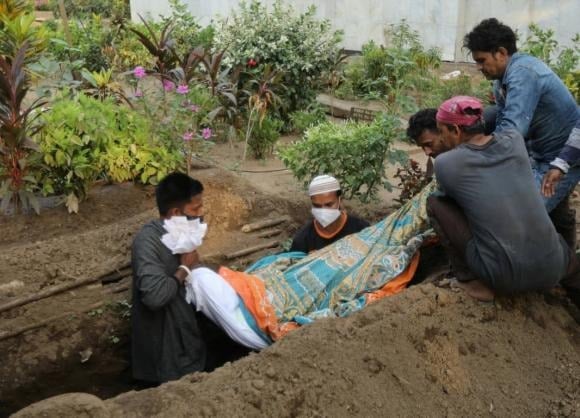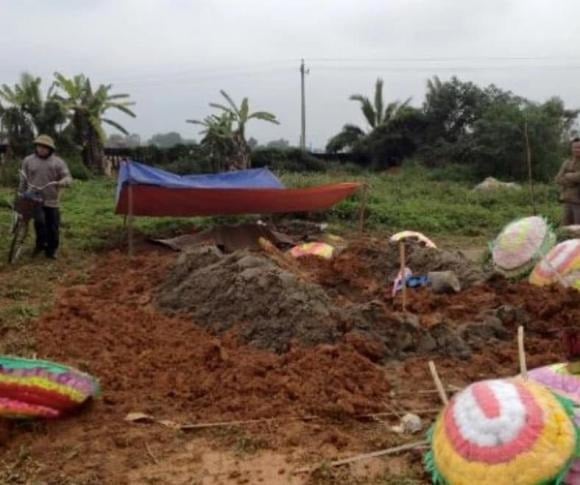The ancient saying, “Seven does not bury father, eight does not bury mother,” holds a profound meaning. Do you know the deeper significance of this proverb?
Filial piety has always been regarded as a virtue of the utmost value. In traditional culture, filial piety demands that we not only respect and support our parents while they are alive but also devote ourselves to them after their passing.
When a parent dies, a filial child often wishes to do everything possible to send them off peacefully. After understanding filial piety, the meaning of this proverb becomes clearer and more comprehensible.
According to folk belief: “Seven does not bury father, eight does not bury mother.”
Here, “seven” and “eight” refer to the days with the numbers 7 and 8 in the lunar calendar, such as the 7th, 17th, and 27th, or 8th, 18th, and 28th. On these days, if a father passes away, it is believed that his burial should be avoided on a day with the number “seven.” Similarly, if a mother passes away, the family should refrain from burial on a day with the number “eight.”
This superstition holds that burying parents on these days could bring difficulties and troubles to the family. Thus, people often postpone funerals on such days.

“Seven” and “eight” refer to days with the numbers 7 and 8 in the lunar calendar.
Moreover, this belief also signifies the depth of one’s filial piety. By delaying the burial, descendants express their reluctance to part with their departed loved ones, allowing them to stay longer with the family before bidding farewell forever.
In folk belief, men and women are distinguished based on Yin and Yang. As men are associated with Yang and possess strong Yang energy, the days with the number “seven” are considered to have elevated Yang energy. Burying a father or a male family member on these days could disrupt the balance of Yin and Yang within the family due to the heightened Yang energy.

According to folk belief, men are associated with Yang, while women are associated with Yin.
Conversely, the days with the number “eight” are considered to have strong Yin energy, befitting women who are associated with the Yin attribute. Burying a woman on these days could lead to an excess of Yin energy, negatively affecting the well-being and spirit of the family.
Additionally, other interpretations suggest that burying a man on a “seven” day is called a “seven grave,” which sounds similar to “wife’s grave,” implying potential negative consequences for the wife. Similarly, burying a woman on an “eight” day is termed “eight dead,” invoking the image of a turtle, which is considered unlucky.
The Rich and Their Incense Offering: A Tale of Left and Right.
The placement of the flower vase is a subtle yet significant detail that the wealthy pay attention to when burning incense. They would never place it on the right but always favor the left. Why is that? This intriguing question delves into the world of superstition and the subtle art of creating an auspicious environment.


































